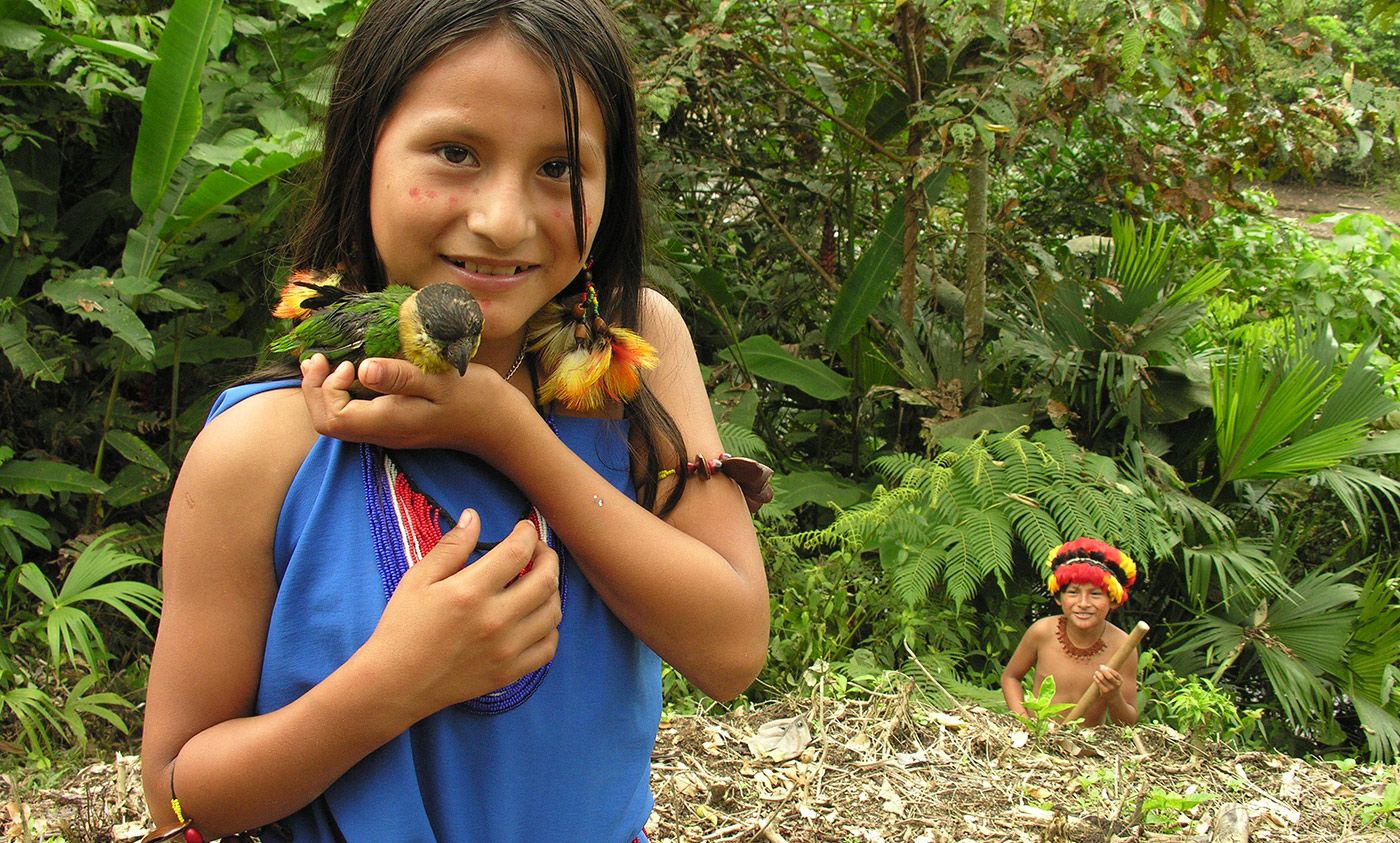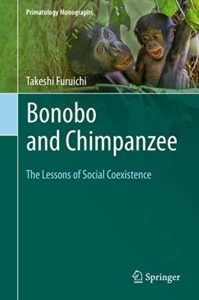“Why Evangelicals Are Hardwired to Believe Certain Falsehoods”
This brain quirk makes gaslighting particularly easy.
Posted Dec 31, 2019
Bobby Azarian Ph.D.
Mind In The Machine
(…)
One reason Trump supporters believe him comes from a basic fact about the brain: it takes more mental effort to reject an idea as false than to accept it as true. In other words, it’s easier to believe than to not.
This fact is based on a landmark study [https://journals.plos.org/plosone/article?id=10.1371/journal.pone.0007272] published in the journal PLOS ONE in 2009, which asked the simple question, how is the brain activated differently during a state of belief compared to a state of disbelief? To test this, participants were asked whether or not they believed in a series of statements while their brain activity was being imaged by an fMRI scanner. Some sentences were simple and fact-based (California is larger than Rhode Island), while others were more abstract and subjective (God probably does not exist). The results showed the activation of distinct but often overlapping brain areas in the belief and disbelief conditions.
While these imaging results are complicated to interpret, the electrical patterns also showed something that was fairly straightforward. Overall, there was greater brain activation that persisted for longer during states of disbelief. Greater brain activation requires more cognitive resources, of which there is a limited supply. What these findings show is that the mental process of believing is simply less work for the brain, and therefore often favored. The default state of the human brain is to accept what we are told, because doubt takes effort. Belief, on the other hand, comes easily.
This troubling finding makes sense from an evolutionary standpoint. If children questioned every single fact they were being taught, learning would occur at a rate so slow that it would be a hindrance. But this fact could be just as easily applied to both the political left and right.
For Christian fundamentalists, being taught to suppress critical thinking begins at a very early age. It is the combination of the brain’s vulnerability to believing unsupported facts and aggressive indoctrination that create the perfect storm for gullibility. Due to the brain’s neuroplasticity, or ability to be sculpted by lived experiences, evangelicals literally become hardwired to believe far-fetched statements.”
***
Harris S, Kaplan JT, Curiel A, Bookheimer SY, Iacoboni M, et al. (2010) The Neural Correlates of Religious and Nonreligious Belief. PLOS ONE 5(1): 10.1371
https://doi.org/10.1371/annotation/7f0b174d-ab93-4844-8305-1de22836aab8



